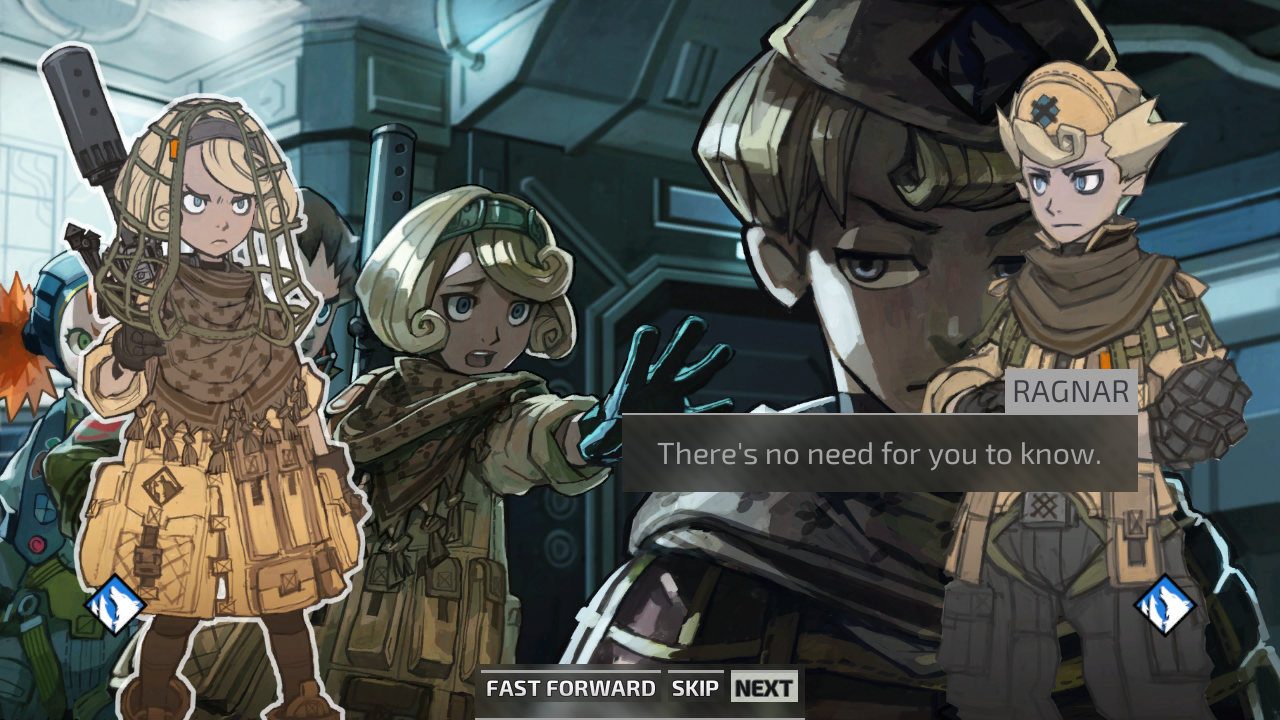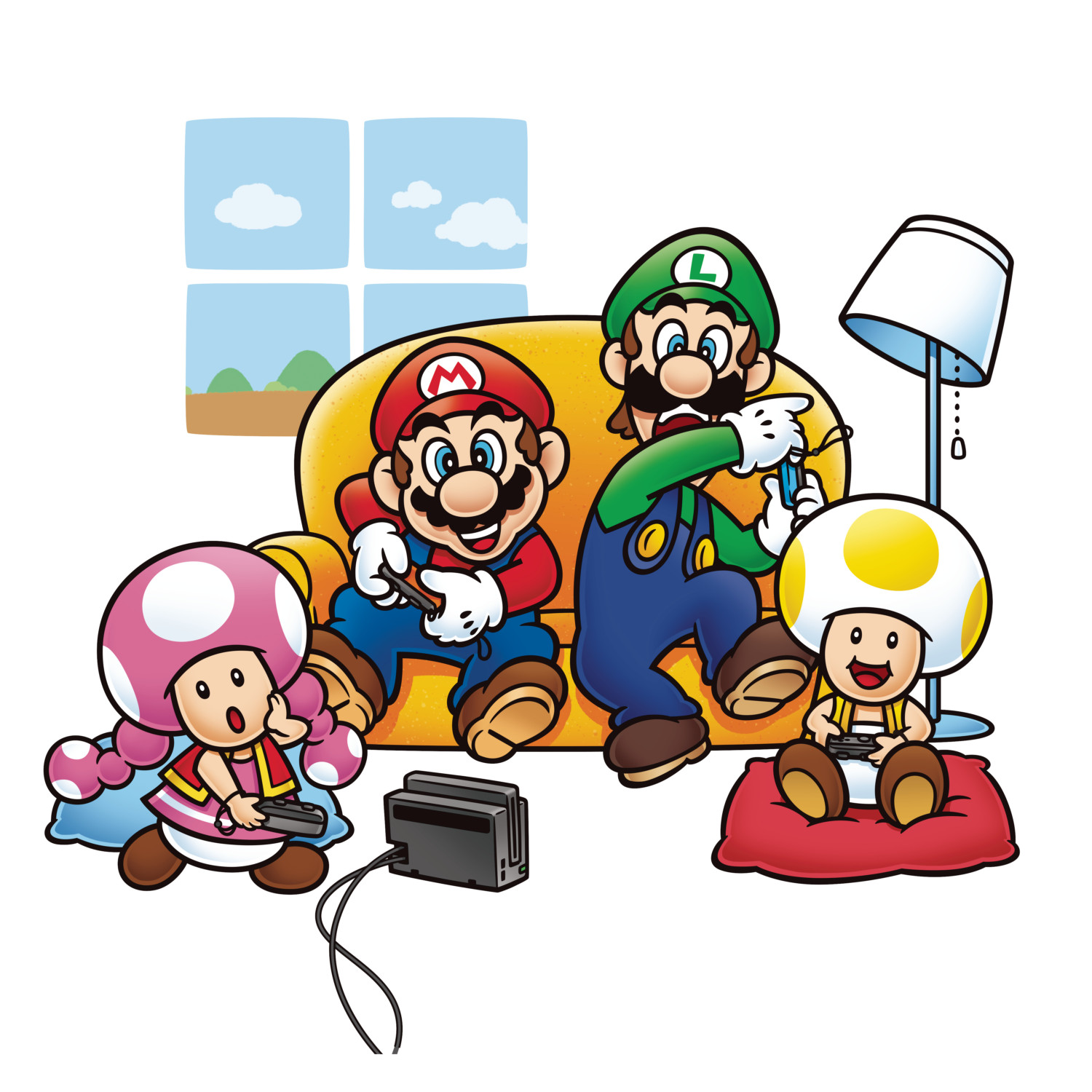
Game Review: Tiny Metal: Full Metal Rumble (Switch)
Tiny Metal: Full Metal Rumble is an attempt to bring back the tactical RPG gameplay of past games in the genre with a modern twist. But there’s a few bumps along the way.
Tiny Metal: Full Metal Rumble is the sequel to TINY METAL, a tactical war simulation with a classic turn-based system that’s advertised as easy to understand but difficult to master.
We’ll see how that turns out in this review of Tiny Metal: Full Metal Rumble.

Story
The plot of the game focuses on Commander Wolfram who has trying to find her brother and his squadron. As Wolfram struggles to find her brother, Artemisian Captain Nathan Gries looks for Lost Tech artefacts, while the Zipanese Lord General Tsukumo begins his hunt for a mysterious new enemy hiding a dangerous agenda.
You end up taking turns commanding armies in different areas lead by different commanders and recruit them as you go along. Though the advantages they provide aren’t that different from each other.
My biggest issue with this story is that I have absolutely no idea who these characters are and why I should care about them. I only understood what was happening in the beginning by going to the game’s website and reading the story there.
You just start off in a battle with very little context. It feels like there’s some backstory that I might understand from playing the first game in the series but I was never quite sure. And the characters aren’t particularly endearing or have a world that interested me very much.
While it’s not the worst narrative ever, I found it distracting and lacking.

The Journey
Tiny Metal is a top-down, grid-based, RPG where you take turns to move across the battlefield and conquer buildings for boosts and to generate more units. There are a total of 39 missions in this campaign mode with each having their own slightly different goals and objectives.
You can move foot soldiers, tanks, and planes across the map to take out enemies alone or in groups. The most common challenge is to move your foot soldiers across the landscape since they are needed to capture buildings and headquarters. Each unit has a different specialty and you start with a fresh set of units each battle. At the end of each turn you collect money which you can use to buy new units.
The game has some cute presentation but doesn’t have a full introduction to its world which left me ungrounded for the beginning of the game and basically just following the path to the next spot without really knowing how it connected the previous mission.
It’s fun to look and travel around the map at first since you can just or drive across the whole world until reaching the edge. But it stays so static and feels less rewarding to explore because the mission spots are visible on the overworld but aren’t accessible until you beat the previous mission.
Tiny Metal suffers from a real sense of story and engagement for beginners like myself since you just follow a path to a new mission site each time to beat an area. This series of mostly self contained narratives lends itself to playing this game about an hour at a time so you can be refreshed coming in next time.
While you can build your troops at factories if you have enough currency each battle, it becomes less over time when you constantly must produce units because enemies come out of nowhere to destroy them. I quickly got tired of the cycle of each battle seemed to have: move across the map, engage enemies in combat, lose units, build new units at factory and repeat. And often during this cycle there would be frame drops when a unit was a destroyed showing a still image of a unit exploding on the grid.
One mechanic is called the Command tower where you can call down Heroes to aid in a battle. These heroes are specialized units of certain classes such as riflemen and Metals that wreck enemies and gain experience that carries over for when they are summoned in a future battle. However, I had no idea who these characters were and if they were supposed to be special at all.

My understanding is that story isn’t the main focus of these war strategy RPGs but this combat was not doing it for me. I just had no attachment to units and was just irritated each time I had to replace one.
The voice acting is okay at best and just uncomfortable to hear at worst. Characters like Wolfram were fine in conversations and NPCs actually felt well done. But lines from Captain Nathan Gries were just painful. All characters just seem very stiff and I never felt properly introduced to them. That could be with the design of this game being oriented at people who’ve played the series before but it just wasn’t clear to me as a newcomer.
Digesting the Soup
Tiny Metal has some fun and satisfying aspects of the tactical RPG format. But the overall style of the game isn’t structured in a way that would encourage me to play this for long sessions. The game’s price point of 14.99 but I’m not sure it’s even worth buying unless you’re a fan of the previous game. I was initially very excited for this game but discovered that it was more niche than I expected.
I unlock most types of units early on so the sense of discovery isn’t very strong moving forward and the foundation is partly to blame. It’s definitely oriented more towards collectibles since there’s a whole section of the menu dedicated to the Hero units that you can uncover as you go through the game.
Most of the early stages have one of the characters inform you how the units work and interact with each other but doesn’t reinforce those ideas in ways that really help the players learn. Sure there’s the Metalpedia to go read about the units but the descriptions are vague at best and I couldn’t figure out why my unit couldn’t hit an enemy in range several times. The idea of the beginning of the game being unfriendly to newcomers was an insight I saw in other reviews. I could spend an hour on a mission and then just quit because I wasn’t making any progress. Then I would restart the mission and maybe beat it or just waste another hour playing until resetting it again.

And the Metalpedia doesn’t even tell you this information. I would have been much more equipped to handle battles if I was given more direct instructions when attacking and defeating a unit to understand how they work in certain scenarios instead of just being told “this unit needs other units to be effective.” So I wish there was more care given to the educational part of the game for players who are trying out Tiny Metal for the first time.
Finishing The Bowl
Overall, I wasn’t into the cycle of attack, get destroyed, build new units, move across the map, repeat. It wasn’t until after a few missions that you actually get a unit which can attack farther than an adjacent space to it without too much of a penalty. What made this worse was that enemy units are usually hidden by a type of fog of war mechanic so during your turn, you would only see the camera being tugged back and forth over a dark area where units were moving. So they would come out of nowhere and kill any desire to keep moving forward for me.
I just wish there was more interaction between my own units on the battlefield so that I could care about them dying instead of just stalling so I can produce more units for cannon fodder. Heroes are the only units I could tell were keeping the experience they earned when summoned again in another battle.
There was little motivating me to keep playing after each mission and not much characterization of the enemy that compelled me to defeat them. It almost felt more suited to be a mobile game because of its exhausting missions and lack of connectivity early on between battles. I could see someone playing a battle once in a while, paying for some in game currency to summon heroes and adding them to their collection.
Collectibles
Each mission has an objectives and achievements that can be met by ending the battle under a certain amount of turns, building only one kind of unit, and keeping a certain unit alive. They were nice if the actual battle wasn’t a slog to get through and might be more achievable if playing the mission for a second time.
It was nice to see an option to check out all the unit types and heroes on the main menu as they take their pedestal in the hangar. But it never really alerted me as to when I could find a new unit there and would just have to check occasionally.

Pros
Low price point
Advanced War style
Several missions
Cons
Poor narrative
Repetitive battles
Little guidance
Long load times
Final thoughts: Tiny Metal: Full Metal Rumble has an interesting idea of how to modernize the Advanced Wars formula but does a poor job of bringing in new players. I mostly got a bland aftertaste with very little of my tactical RPG appetite satisfied. Though that might be due to my experience with these types of games being limited to Pokemon and Fire Emblem. Advanced Wars fans have praised this game as a spiritual successor and improvement over the first Tiny Metal game so if those are factors that you are considering, this game might be a good fit for you.
A review code for Tiny Metal: Full Metal Rumble was provided by Area 35 for the purpose of this review.
